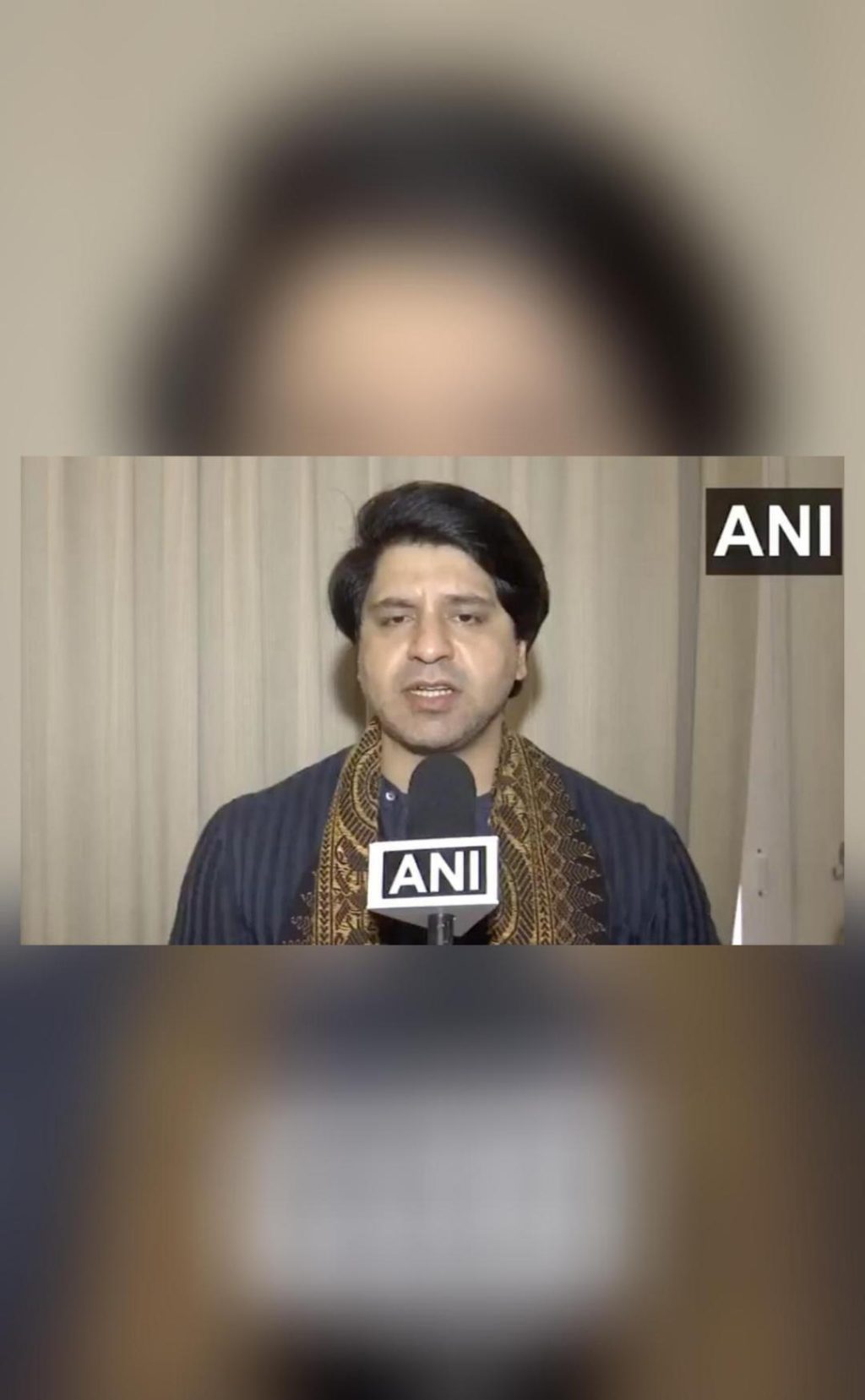
Lover of Pak’ Rahul skipped I-Day celebrations at Red Fort: BJP
The Independence Day celebrations at the Red Fort in New Delhi on August 15th were a grand affair, with thousands of people in attendance to mark the 79th anniversary of India’s independence from British colonial rule. However, one notable absence was that of Congress leader Rahul Gandhi, who chose not to attend the celebrations. This move has been widely criticized by the Bharatiya Janata Party (BJP), with one of its leaders, Shehzad Poonawalla, taking to social media to express his disappointment and frustration.
In a tweet, Poonawalla wrote, “Congress spokesperson in TV debate with me just now confirmed that he skipped August 15 programme. This was a national celebration but sadly lover of Pakistan Rahul- opposing PM Narendra Modi- turns into opposing nation and armed forces.” The tweet was accompanied by a hashtag #LoverOfPakRahul, which quickly went viral on social media.
Poonawalla’s criticism of Rahul Gandhi’s decision to skip the Independence Day celebrations is not entirely surprising, given the BJP’s long-standing rivalry with the Congress party. However, the tone and language used by Poonawalla are noteworthy, as they suggest a deep-seated antagonism towards Rahul Gandhi and his perceived views on India and its institutions.
It is worth noting that Rahul Gandhi has been a vocal critic of the Narendra Modi-led government, and has often been at odds with the BJP over issues such as nationalism, economic policy, and social justice. Gandhi’s decision to skip the Independence Day celebrations may have been seen as a snub to the government and its efforts to promote national unity and pride.
However, Gandhi’s absence from the celebrations may also be seen as a reflection of the deep-seated divisions within Indian society. India is a diverse and complex country, with many different cultures, languages, and identities. The country’s independence movement was marked by a struggle for self-rule and national unity, and the country’s constitution enshrines the principles of secularism, equality, and social justice.
Despite these ideals, India has struggled with issues such as communalism, casteism, and regionalism, which have often been used to divide and polarize the population. The rise of nationalist sentiment and the growing influence of right-wing ideology have also created tensions and divisions within Indian society.
In this context, Rahul Gandhi’s decision to skip the Independence Day celebrations may be seen as a reflection of the complexities and challenges facing Indian society. Gandhi’s views on India and its institutions may be seen as a legitimate expression of dissent and criticism, rather than a personal attack on the government or its leaders.
However, Poonawalla’s criticism of Gandhi’s decision may also be seen as a reflection of the BJP’s own political agenda and ideology. The BJP has long been associated with a right-wing and nationalist political ideology, which emphasizes the importance of national unity and pride. The party has also been criticized for its handling of issues such as communalism and social justice, and for its perceived lack of commitment to the principles of secularism and equality.
In conclusion, Rahul Gandhi’s decision to skip the Independence Day celebrations at the Red Fort has sparked a controversy and debate within Indian society. While Poonawalla’s criticism of Gandhi’s decision may be seen as a legitimate expression of disappointment and frustration, it may also be seen as a reflection of the deep-seated divisions and tensions within Indian society.
Ultimately, the decision to attend or skip the Independence Day celebrations is a personal choice that reflects an individual’s values and beliefs. However, it is also important to recognize that the celebrations are a national event that brings people together to mark the country’s independence and unity.
Sources:






